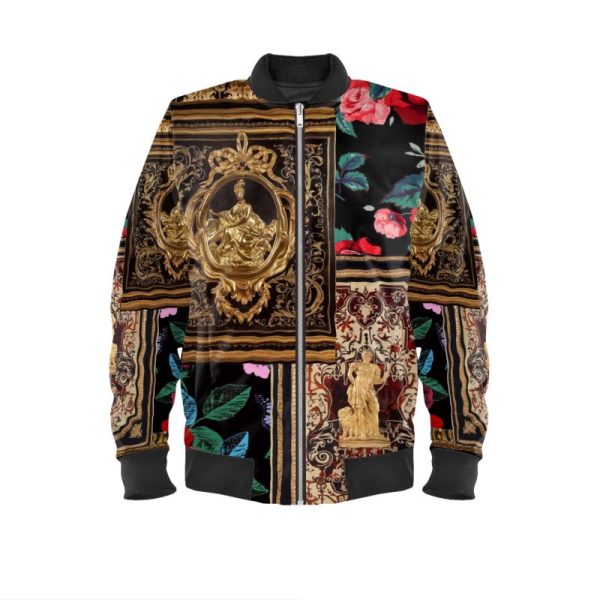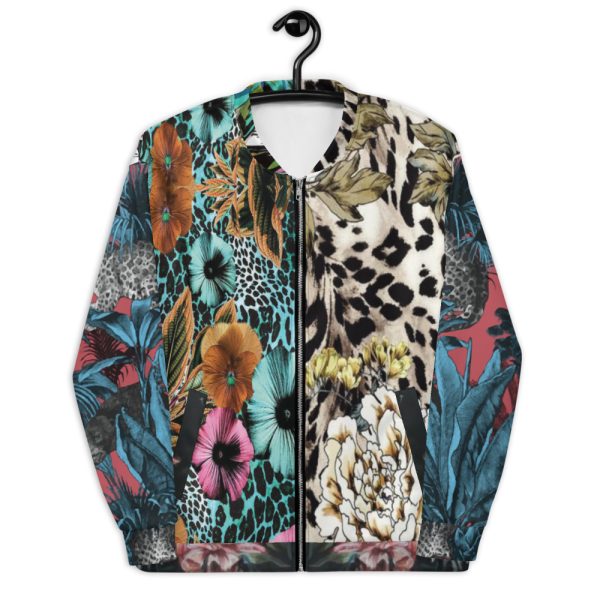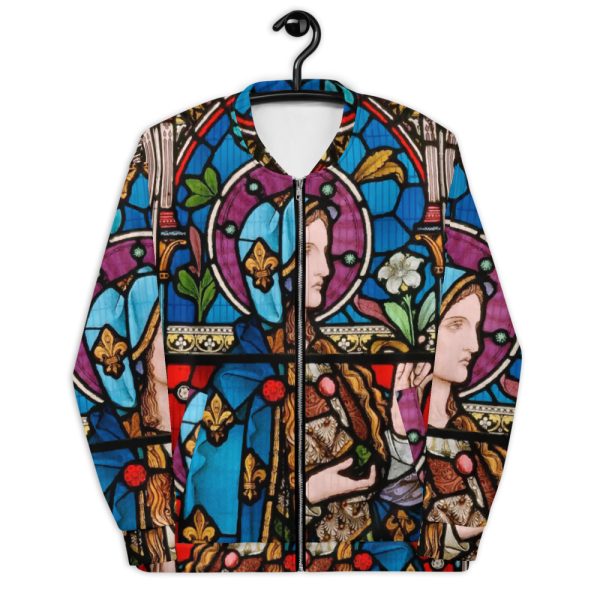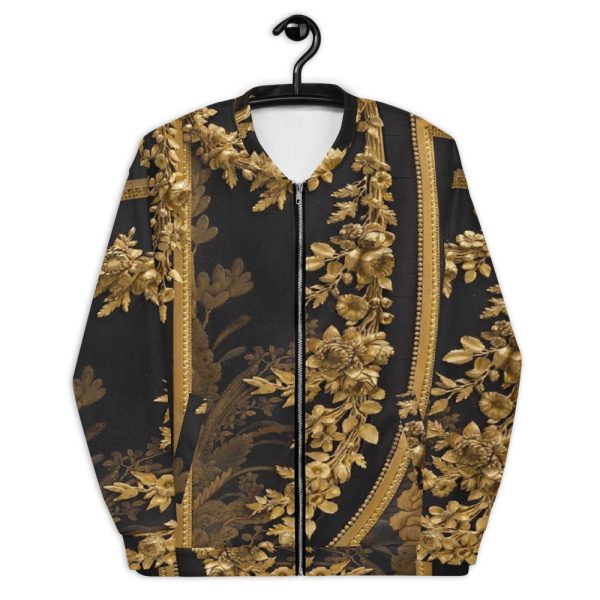
Choosing the perfect jacket for your child is not just about style; it’s about ensuring they’re comfortable and well-protected from the elements during various activities. Whether it’s a chilly winter day, a rainy spring afternoon, or a windy autumn morning, the right jacket can make all the difference in keeping your child warm, dry, and happy. In this article, we’ll walk you through how to choose the best jacket for your child based on the weather conditions and the activities they’ll be engaging in.
1. Understand the Weather Conditions
Before purchasing a jacket for your child, it’s crucial to consider the specific weather conditions in your area and what your child will need in different seasons. Different weather conditions require jackets with varying levels of insulation, protection, and breathability.
Winter Weather (Cold and Snowy)
For cold weather, you’ll need a jacket that provides sufficient insulation to keep your child warm, even in sub-zero temperatures. Look for jackets made from down or synthetic insulation materials like Thinsulate, as these materials are known for their ability to trap heat without being overly bulky.
Key Features:
- Insulation: Down or synthetic fill
- Waterproofing: Water-resistant or waterproof material to prevent snow from getting in
- Adjustable features: Cuffs, hoods, and waistbands to trap warmth
Rainy Weather (Spring and Fall)
During rainy weather, it’s essential to choose a jacket that keeps your child dry while remaining breathable, so they don’t get too hot or sweaty. Waterproof jackets made from materials like Gore-Tex or other water-resistant fabrics are perfect for this.
Key Features:
- Waterproof or water-resistant: To keep rain out
- Breathability: To allow moisture from sweat to escape
- Hood: To protect your child’s head from rain
- Ventilation: Zippered vents for extra airflow
Mild to Warm Weather (Spring, Fall, or Cooler Summer Days)
For transitional weather, lightweight jackets are ideal. These jackets provide just enough warmth during chilly mornings and evenings but can be removed as temperatures rise. Fleece-lined jackets, lightweight puffers, or windbreakers are perfect choices.
Key Features:
- Lightweight: Not too heavy, but still provides warmth
- Breathable: To prevent overheating
- Packability: Easy to pack away when the weather warms up
Hot Weather (Summer)
For hot weather, you might not need a jacket at all, but lightweight cover-ups or hooded sun protection jackets can offer much-needed relief from sun exposure while keeping your child cool. Choose jackets made from lightweight, breathable materials like cotton or lightweight nylon.
Key Features:
- Breathable fabrics: Lightweight and airy to keep your child cool
- UV protection: Jackets with built-in UV protection to shield from harmful rays
- Ventilation: Mesh linings or side vents to allow airflow
2. Consider the Activity
Once you have a good understanding of the weather conditions, think about the activities your child will be doing while wearing the jacket. Different activities require different types of jackets, so it’s essential to match the jacket’s features to the activity for maximum comfort and functionality.
Outdoor Adventures (Hiking, Skiing, or Snowboarding)
When your child is participating in outdoor adventures like hiking, skiing, or snowboarding, it’s essential to prioritize warmth, flexibility, and weather protection. Insulated jackets that are water-resistant or waterproof will keep your child dry and warm in all weather conditions. Consider jackets with extra pockets for storing small essentials like snacks, gloves, or a phone.
Key Features:
- Insulation: Warm, lightweight insulation like down or synthetic fill
- Waterproof: Waterproof fabrics to protect from snow and rain
- Breathability: To prevent sweating during intense activity
- Durable fabric: To handle rough environments
School and Everyday Wear
For everyday wear, look for jackets that offer warmth, comfort, and durability, but are also stylish and easy for your child to wear throughout the day. A lightweight, insulated jacket with adjustable features such as a removable hood and cuffs is perfect for school days.
Key Features:
- Easy-to-wear: Simple design with zippers, not too bulky
- Pockets: For storing small items like mittens, pens, or tissues
- Comfortable lining: Soft, comfortable fabric inside for all-day wear
Sports and Physical Activities (Running, Playing, or Cycling)
For active kids who love sports or outdoor play, opt for jackets made from flexible, stretchy materials that allow for movement. Lightweight windbreakers or athletic jackets are great options because they offer protection against wind and light rain while allowing full range of motion for physical activities.
Key Features:
- Lightweight: Thin, breathable fabric for easy movement
- Windproof: Protects against wind while staying breathable
- Moisture-wicking: Keeps sweat away from the skin
Rainy Day Play (Splashing in Puddles or Playing Outside)
On rainy days, if your child enjoys playing outside or splashing in puddles, you’ll need a waterproof jacket that’s both durable and easy to clean. Choose jackets with a hood and longer length to cover the arms and waist.
Key Features:
- Waterproof: Keeps your child dry during downpours
- Durable fabric: Waterproof fabric that can withstand active play
- Adjustable cuffs and hems: To prevent rain from entering the jacket
3. Focus on Fit and Comfort
Fit is crucial when selecting the right jacket for your child. Too tight, and they might feel restricted or uncomfortable; too loose, and they could get cold or tangled up in the jacket. Choose a jacket that fits well but also offers room for layering underneath during colder weather.
- Adjustable cuffs and waistbands: Ensure a snug fit and help trap warmth.
- Breathable lining: Helps with moisture control and comfort.
- Hood design: Make sure the hood is adjustable to provide better protection from rain and wind without obstructing vision.
4. Additional Features to Look For
- Reflective strips: For visibility during dark winter months.
- Pockets: For storing gloves, hats, or small toys.
- Zippered ventilation: To help regulate body temperature during active play or exercise.
- Packability: For jackets that can be easily packed into a backpack or bag when not in use.
Conclusion
Choosing the right jacket for your child isn’t a one-size-fits-all decision. By considering the weather conditions and the activities your child will be involved in, you can select a jacket that offers the perfect combination of warmth, comfort, and functionality. Whether you need a waterproof jacket for a rainy day, an insulated coat for winter adventures, or a lightweight option for school and play, there’s a jacket out there that will suit your child’s needs and keep them cozy all season long.
-
 Satin Designer Bomber Jacket$448
Satin Designer Bomber Jacket$448 -
 Satin Designer Bomber Jacket$448
Satin Designer Bomber Jacket$448 -
 Bomber Jacket | Designer Luxury For Women & Men | Navy Blue Floral Red Turquoise$158
Bomber Jacket | Designer Luxury For Women & Men | Navy Blue Floral Red Turquoise$158 -
 Bomber Jacket | Designer Luxury For Women & Men | White Gold$158
Bomber Jacket | Designer Luxury For Women & Men | White Gold$158 -
 Bomber Jacket | Designer Luxury For Women & Men | Floral White Black$158
Bomber Jacket | Designer Luxury For Women & Men | Floral White Black$158 -
 Bomber Jacket | Designer Luxury For Women & Men | Blue Purple Gold$158
Bomber Jacket | Designer Luxury For Women & Men | Blue Purple Gold$158 -
 Bomber Jacket | Designer Luxury For Men & Women | Black Gold Baroque$158
Bomber Jacket | Designer Luxury For Men & Women | Black Gold Baroque$158 -
 Bomber Jacket | Designer Luxury For Women & Men | Black Gold$158
Bomber Jacket | Designer Luxury For Women & Men | Black Gold$158 -
 Bomber Jacket | Designer Luxury For Women & Men | Gold$158
Bomber Jacket | Designer Luxury For Women & Men | Gold$158